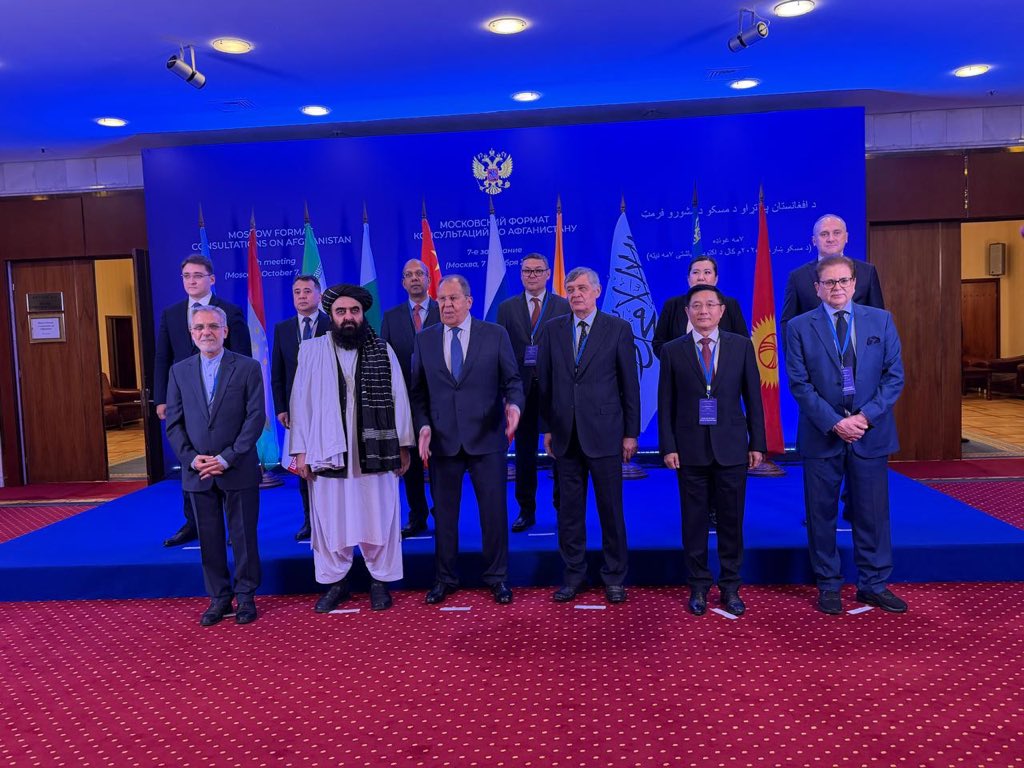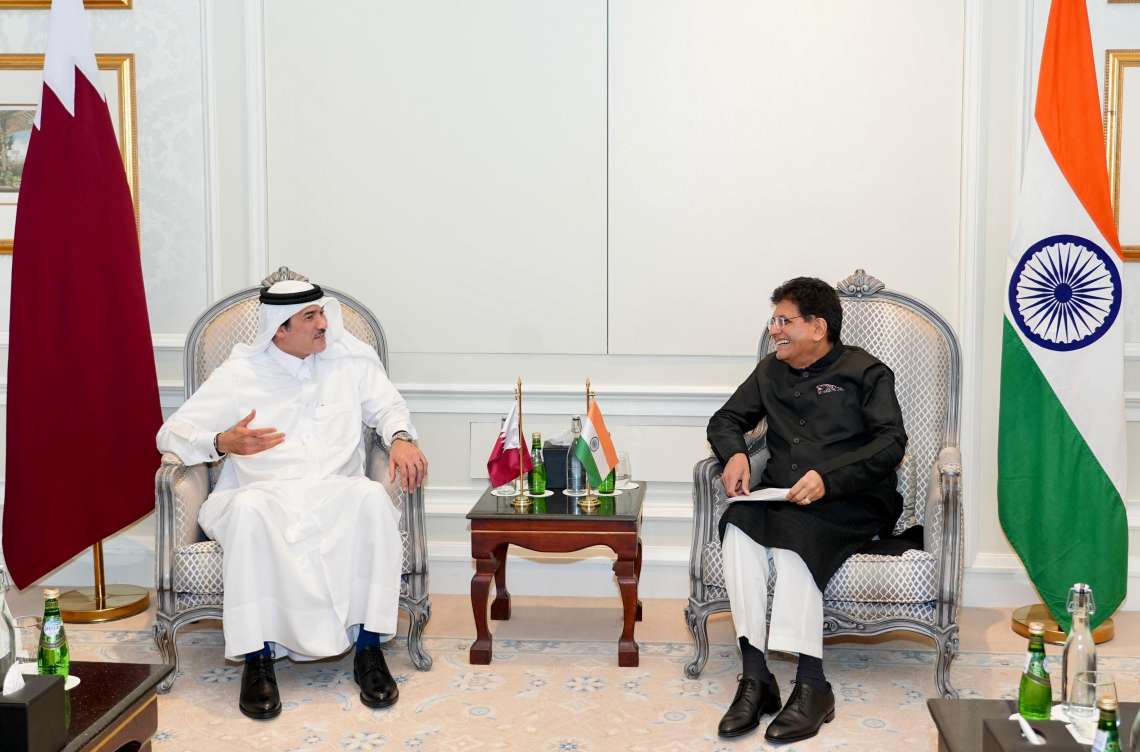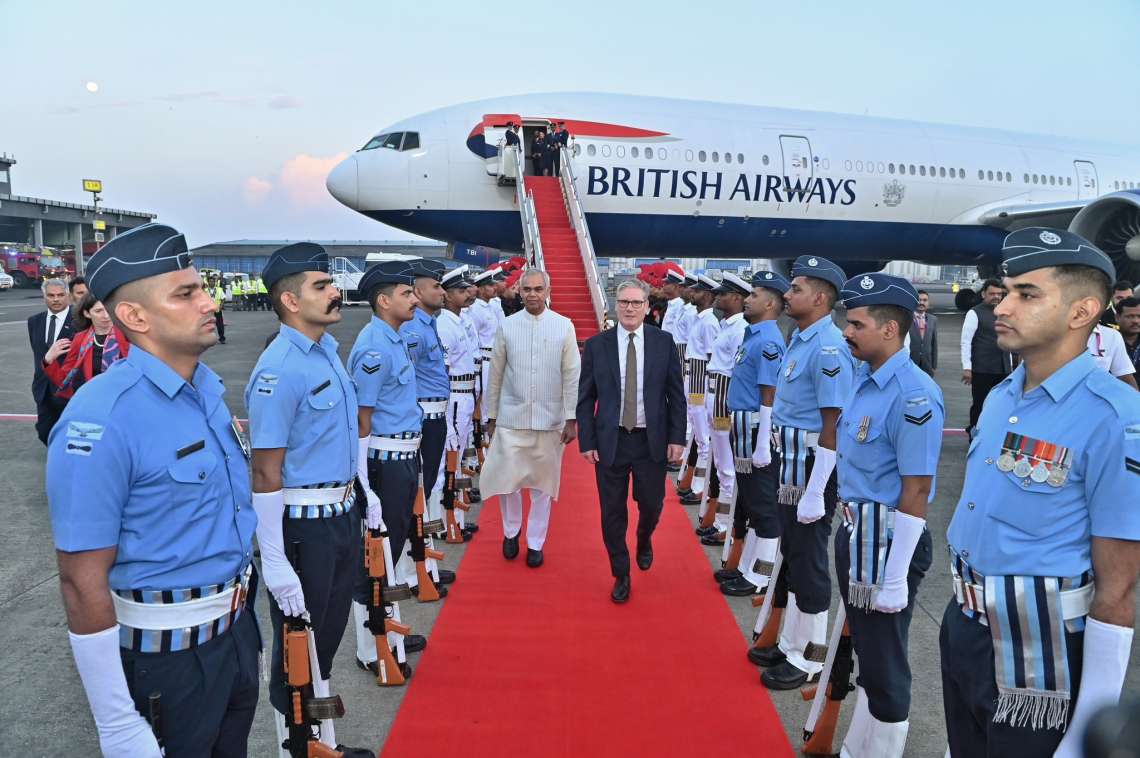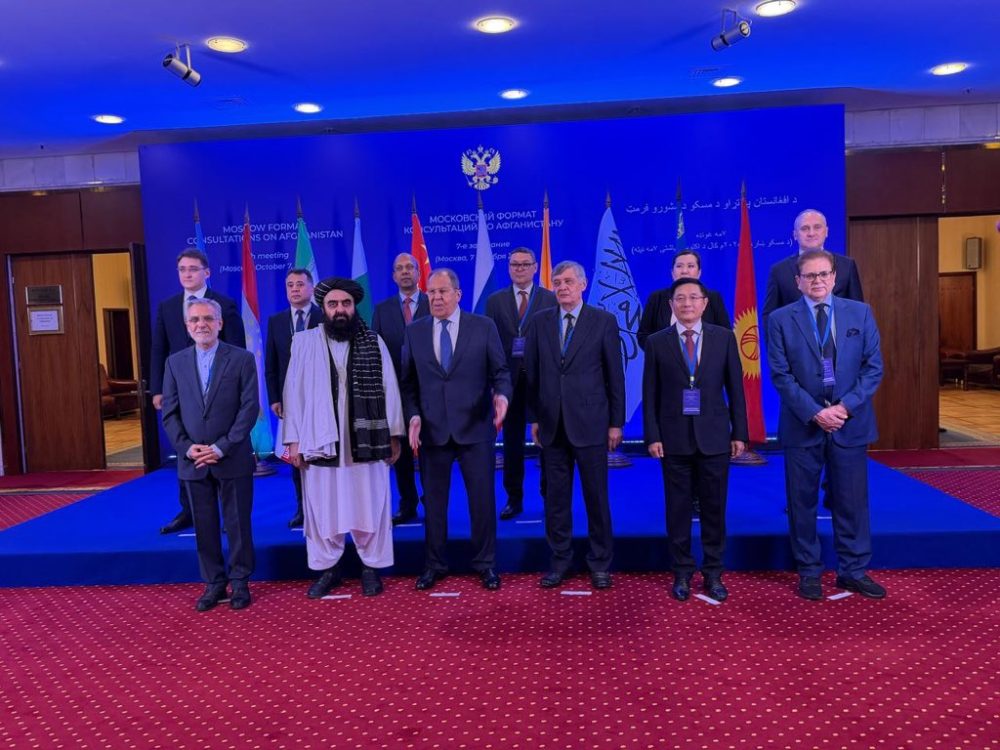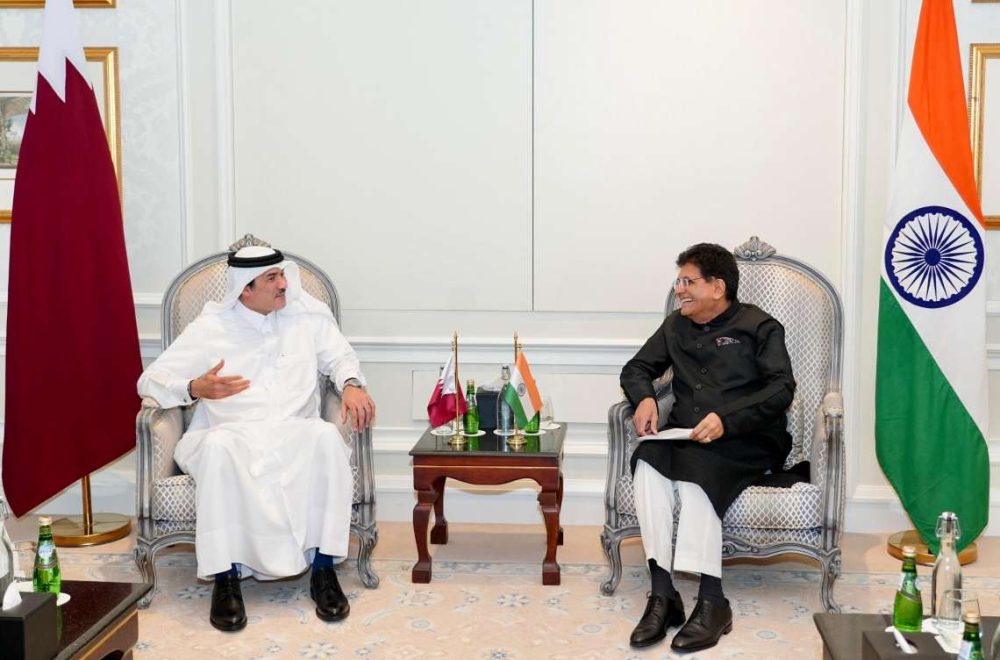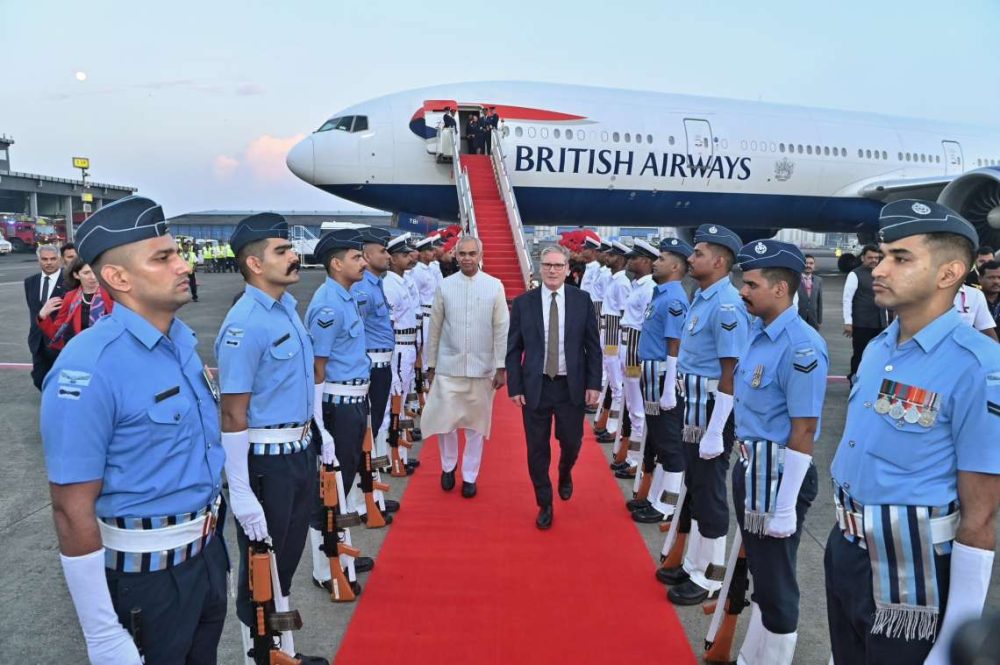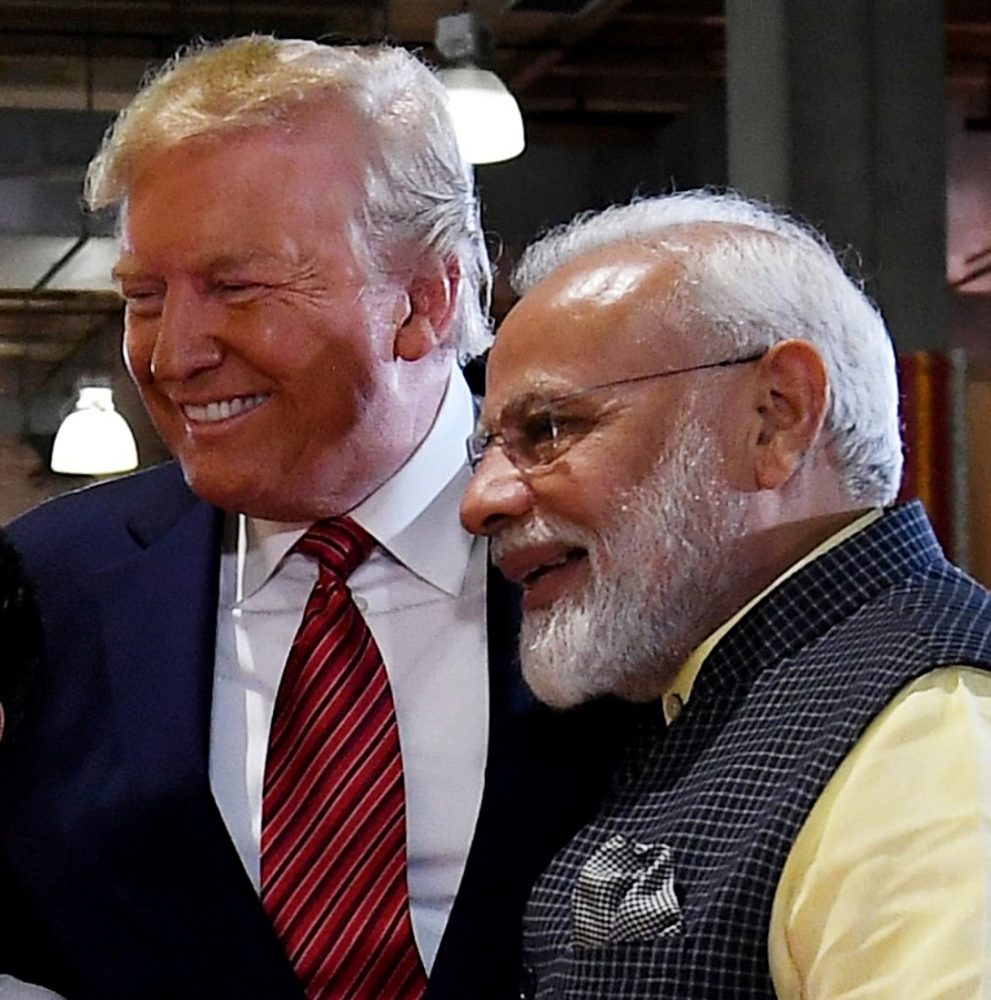New research reveals that 89% of Indian businesses view the UK as a preferred destination for international expansion…reports Asian Lite News
New research by Grant Thornton reveals that 89 per cent of Indian businesses view the UK as a preferred destination for international expansion. The findings come from the Grant Thornton International Business Report (IBR), which surveys around 3,500 senior executives across 31 economies every quarter.
Indian mid-market businesses are attracted to the UK due to its infrastructure, innovation ecosystem, and digital competitiveness. However, barriers such as high operational costs, regulatory compliance expenses, and immigration policies remain significant challenges for these businesses.
Anuj Chande, head of the South Asia Business Group at Grant Thornton, said, “Investments like the recent stake in BT Group show the ongoing interest from Indian investors in UK assets. However, high property rents, legal fees, and complex immigration policies present challenges for companies looking to invest here.”
Chande suggested that streamlining regulatory processes and simplifying compliance could ease these burdens and support Indian businesses entering the UK market.
The research also indicates that UK businesses are looking to India for growth, with 61 per cent considering it a key international market. Of the 301 UK businesses surveyed, 71 per cent do not currently have a presence in India, but 42 per cent of these plan to establish one in the next two years. For those already in India, 95 per cent plan to expand further.
UK businesses cite ease of doing business, regulation, and infrastructure as the main barriers to operating in India.
Chande added, “Businesses in both markets are looking to each other for expansion due to strategic advantages and cultural connections. While challenges exist, support is available from the Department for Business and Trade and firms like ours.”
The anticipated Free Trade Agreement (FTA) between India and the UK may address some of these issues. Nearly 92 per cent of Indian businesses and 72 per cent of UK businesses believe an FTA would encourage them to explore opportunities in the other market. Most Indian businesses surveyed also have a good understanding of the potential implications of an FTA, compared to 72 per cent of UK businesses.
Chande noted, “The FTA offers a chance to enhance collaboration between the two countries, potentially increasing trade and investment through improved market access and eased visa restrictions.”
Rules of origin in auto sector
Meanwhile, India is insisting on strict adherence to the Rules of Origin’ during free trade agreement (FTA) negotiations with the UK in the automobile sector, India’s Commerce Secretary Sunil Barthwal said.
He said that the ‘Rules of Origin’ have to be such that they do not impact the Indian automobile sector negatively. “FTA with the UK is in the pipeline…we are negotiating. We are also very keen to see that not only do we open up the automobile market, but we also see that we do not unduly lose the level playing field vis-a-vis the UK.
“And we looked at their Rules of Origin very, very closely. We negotiated with them (the UK), and we told them that Rules of Origin have to be such that they do not impact negatively our automobile sector market,” Barthwal said here while addressing leaders of the auto industry.
The ‘Rules of Origin’ provision prescribes minimal processing that should happen in the FTA country, the UK in this case, so that the final manufactured product may be called originating goods in that country.
Under this provision, a country that has inked an FTA with India cannot dump goods from some third country in the Indian market by just putting a label on it. It has to undertake a prescribed value addition in that product to export to India. Rules of Origin norms help contain the dumping of goods.
The secretary said that the government has rolled out the production linked incentive (PLI) scheme for the auto sector “for a certain period and it should not be disturbed through the FTA, till that phase is over”.
“So, we have also taken care of that till the time the PLI scheme is there. In fact, that is a policy decision that it (PLI) should not be disturbed, and you should reap the full benefits of the PLI within the sector,” he added.
The fiscal incentive scheme was approved in 2021 with a budgetary outlay of Rs 25,938 crore to boost the domestic manufacturing capabilities of the automobile industry, including electric and hydrogen fuel cell vehicles.
The scheme aims to incentivise high-value advanced automotive technology vehicles and products such as sunroofs, adaptive front lighting, automatic braking, tyre pressure monitoring systems and collision warning systems, among others.
The India-UK talks for the proposed agreement began in January 2022. The 14th round of talks stalled as the two nations stepped into their general election cycles. There are pending issues in both the goods and services sectors.
ALSO READ: UK Govt cracks down on ‘gangs’ that smuggle people



